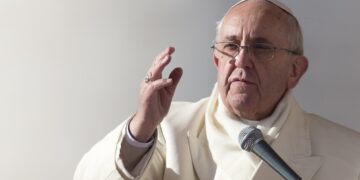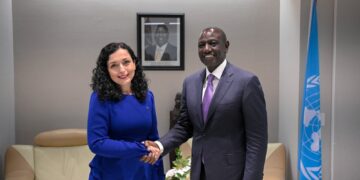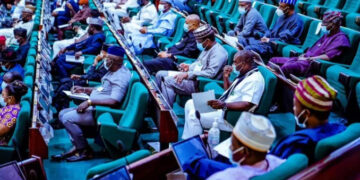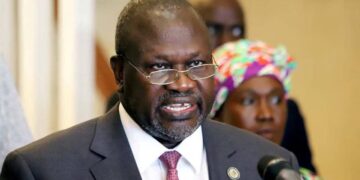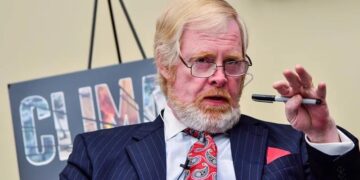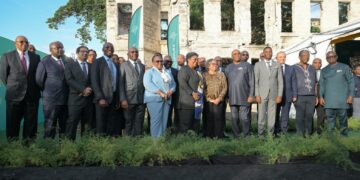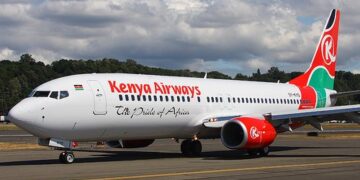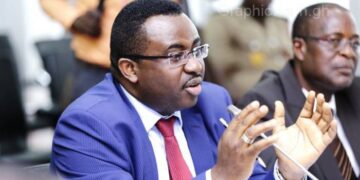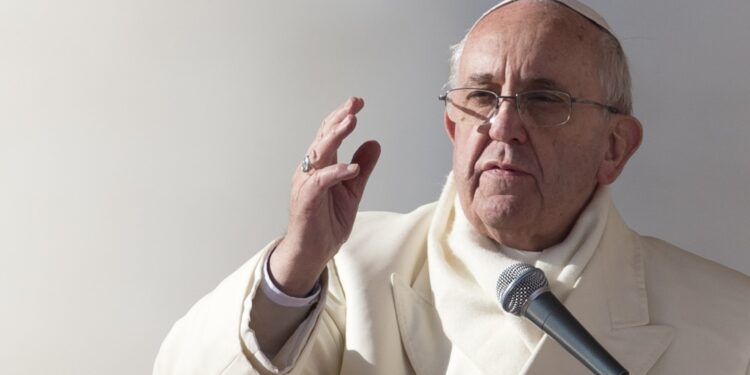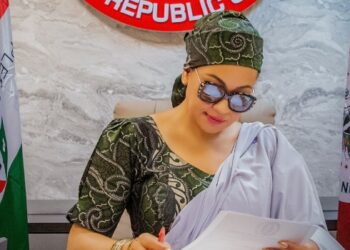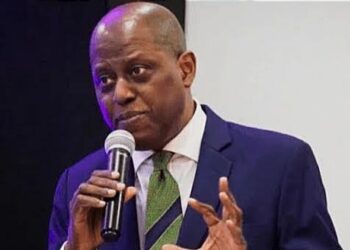By Enyichukwu Enemanna
Head of the Roman Catholic Church, Pope Francis on Sunday called on politicians in Lebanon to “immediately” elect a new president, in order to get the country’s governing institutions functioning again.
“I address an urgent invitation to all Lebanese politicians to elect the president of the republic immediately,” the pontiff said at Saint Peter’s Square at the end of Sunday Angelus prayer.
Lebanon’s institutions need to “start functioning normally again to undertake the necessary reforms and sustain the country’s role as an example of peaceful cohabitation between different religions”, Francis said.
Lebanese parliamentary speaker Nabih Berri had called a presidential election for January 9 in a bid to end a two-year leadership vacuum.
Lebanon has been without a president since Michel Aoun’s term ended.
Neither of the two main blocs in parliament — the Iran-backed Hezbollah and its opponents — have the majority required to elect a head of state and they have been unable to agree on a consensus candidate.
The country’s parliament will meet on January 9 to elect a new president, which will end end the more than two years without a head of State.
Lebanon has been without a president since Michel Aoun’s term ended in October 2022.
On Wednesday after the ceasefire between Israel and Hezbollah came into effect, Lebanese Prime Minister Najib Mikati said: “I hope this will be a new page for Lebanon. I hope the coming days will lead to the election of a president.”
Berri, who led ceasefire talks on behalf of ally Hezbollah, also called on Wednesday for the country to “quickly elect a president.”
After former President Michel Aoun, an ally of Hezbollah completed his six-year term on October 2022, Lebanon’s deeply-divided parliament subsequently met on multiple occasions to elect a successor but failed every time, worsening political paralysis and stalling measures to alleviate a crippling economic crisis that has pulled three-quarters of the population into poverty.
The country had frequently witnessed political paralysis in its short and troubled history, including a presidential vacuum of over two years before Aoun’s election in 2016.
